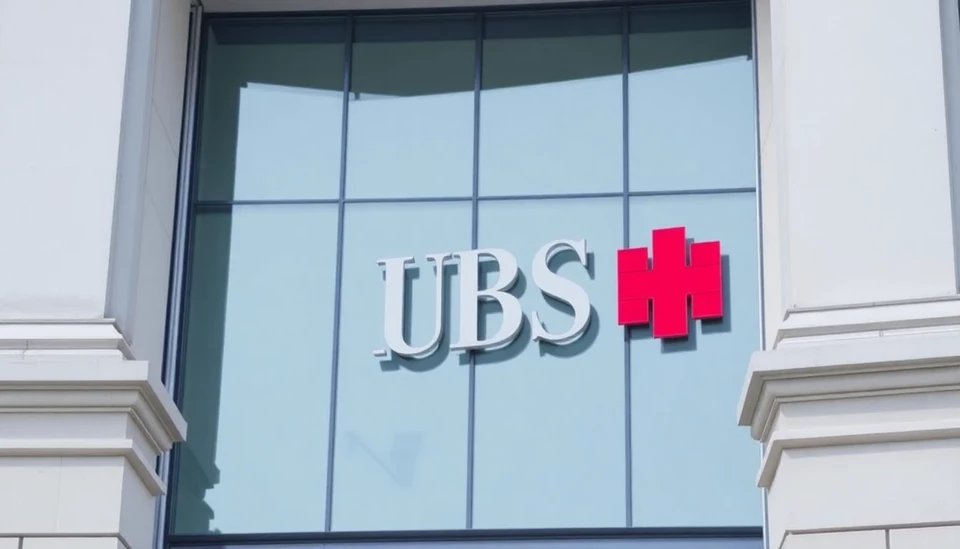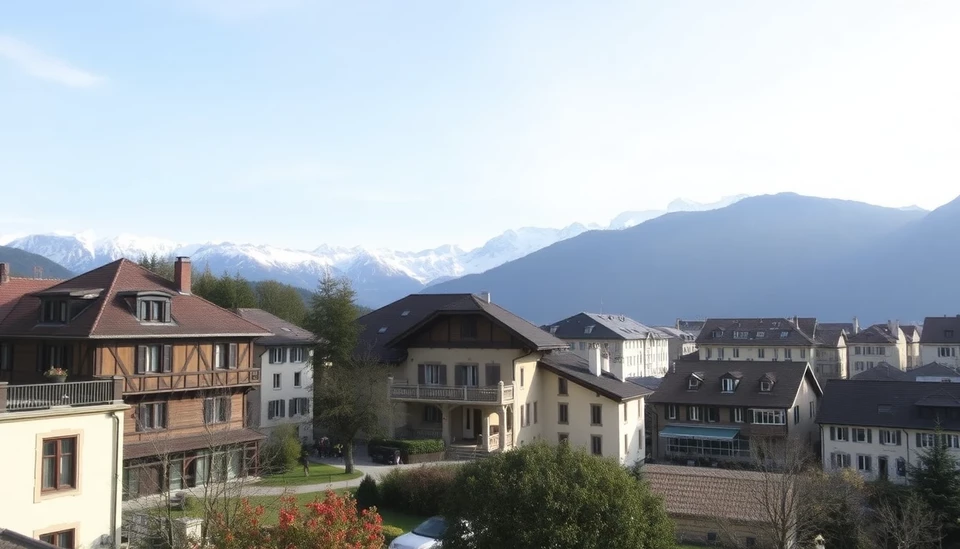
In an unexpected turn of events, Switzerland's inflation rate has dropped significantly, reaching its weakest level since June 2021. The Swiss Federal Statistical Office reported that the Consumer Price Index (CPI) increased by just 0.2% in October from the previous month, marking a notable slowdown from the 1.8% year-on-year inflation observed in September. This deceleration caught many financial analysts off guard, raising questions about the future of monetary policy in the nation.
The October figures brought the annual inflation rate down to 1.5%, a steep reduction that highlights the shifting economic landscape. Economists had anticipated a less drastic decline and were predicting a rise to approximately 1.9%. This sudden fall can be attributed to a variety of factors, chief among them being a significant drop in energy prices as well as easing costs for goods and services. Furthermore, the cost of food has also stabilized, contributing to the overall decrease in inflationary pressures.
Several analysts believe that the latest numbers may influence the Swiss National Bank's (SNB) future actions concerning interest rates. Following a series of aggressive rate hikes aimed at curbing persistently high inflation, the central bank may now reconsider its approach in light of the recent data. The central bank has maintained that it will continue to monitor inflation closely, but these recent developments may prompt a more cautious stance in the near future.
This unexpected drop comes at a time when many other countries are grappling with elevated inflation rates, leading to a series of monetary tightening measures worldwide. In contrast, Switzerland has experienced a relatively stable inflation environment compared to many of its European neighbors, who have been battling with inflation rates much higher than the SNB's target.
Analysts are divided on what this might mean for the Swiss economy moving forward. Some predict that the current relief from inflationary pressures could allow the SNB to pause or even reverse its recent rate hikes, reducing borrowing costs and potentially spurring growth. Others, however, warn that a resurgence in inflation could occur if economic conditions change rapidly. Ultimately, the prevailing sentiment is one of cautious optimism, as economic indicators continue to evolve.
As Switzerland celebrates its slowing inflation, it remains to be seen how policymakers will adapt to foster stability and growth amid shifting global economic conditions. The future trajectory of inflation, interest rates, and the broader Swiss economy will surely be under close scrutiny in the months to come.
In conclusion, the unexpected decline in Switzerland’s inflation rates may provide a much-needed respite for both consumers and policymakers, prompting discussions regarding the next steps in monetary policy as the country embarks on a new economic chapter.
#Switzerland #Inflation #EconomicNews #InterestRates #ConsumerPriceIndex #SwissNationalBank #CPI #FinancialMarkets #MonetaryPolicy
Author: Rachel Greene




